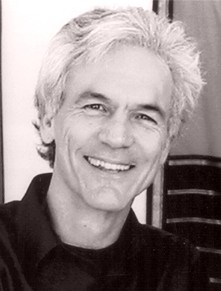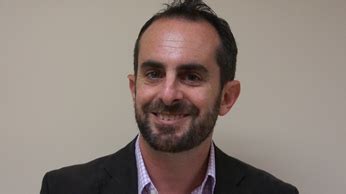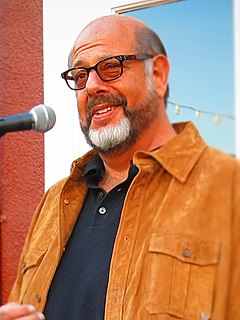A Quote by Michael Sandel
There are some religious traditions that view human beings as participants in creation. This is true of the Jewish tradition, from which I come.
Related Quotes
One reason which I find particularly fascinating about Israel is this. There is no such thing as a Jewish civilization. There is a Jewish culture, a Jewish religion, but there is no such thing as a Jewish civilization. The Jews were a component basically of two civilizations. In the Western world, we talk about the Judeo-Christian tradition and you talk about the Judeo-Islamic tradition because there were large and important Jewish communities living in the lands of Islam.
God is not a Christian, God is not a Jew, or a Muslim, or a Hindu, or a Buddhist. All of those are human systems which human beings have created to try to help us walk into the mystery of God. I honor my tradition, I walk through my tradition, but I don't think my tradition defines God, I think it only points me to God.
The creation story unfurling within the scientific enterprise provides the fundamental context, the fundamental arena of meaning, for all the peoples of the Earth. For the first time in human history, we can agree on the basic story of the galaxies, the stars, the planets, minerals, life forms, and human cultures. This story does not diminish the spiritual traditions of the classical or tribal periods of human history. Rather, the story provides the proper setting for the teachings of all traditions, showing the true magnitude of their central truths.
I think traditions change and modify with each generation. With new members joining the family, their customs and traditions have to be respected and combined with the exiting traditions. And the children that follow are part of that new evolving tradition and, as they grow, will have input that will, in turn, continue to evolve that tradition.
I strive to view my students as unique human beings all of whom come to my classroom with a personal history, cultural perceptions and traditions, goals and aspirations as well as fears and insecurities. By employing the principles of Personalization, I am able to connect with my students in a genuine way in order to build trust, respect and rapport in the classroom.
They called themselves the Munrungs. It meant The People, or The True Human Beings. It's what most people call themselves, to begin with. And then one day the tribe meets some other People or, if it's not been a good day, The Enemy. If only they'd think up a name like Some More True Human Beings, it'd save a lot of trouble later on






































